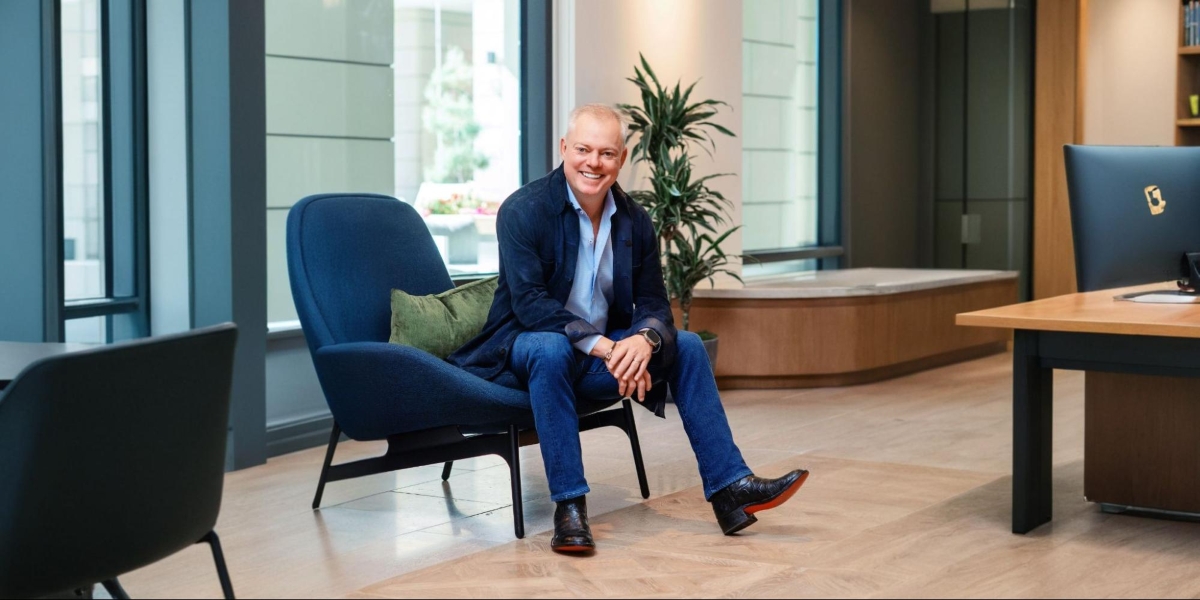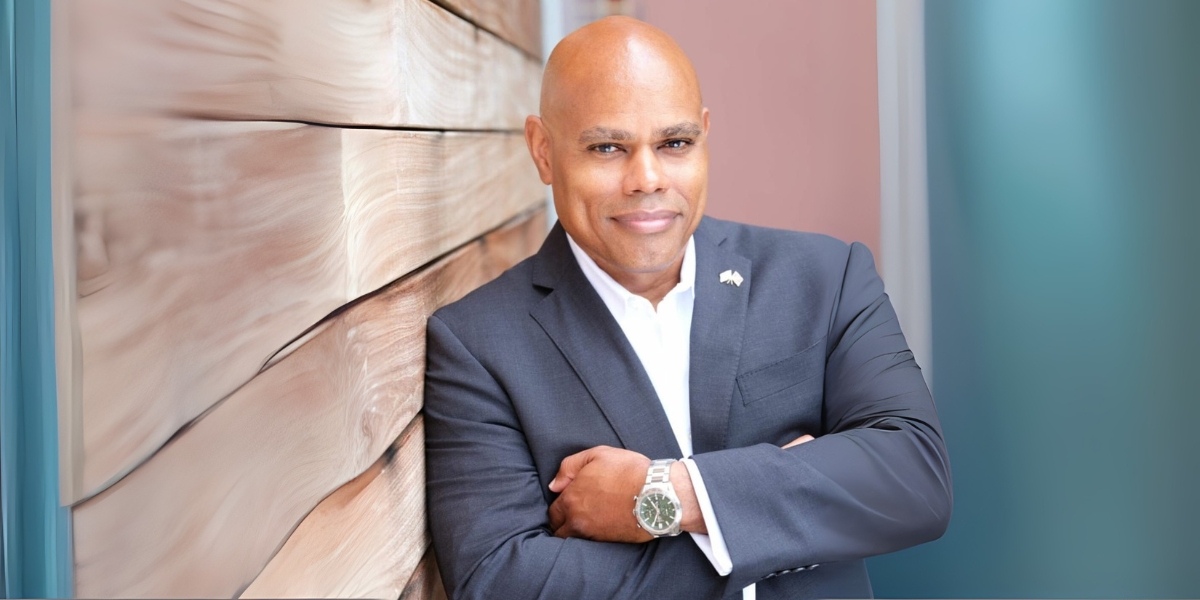EMOTIONAL INTELLIGENCE – The world has clung to leaders who appear capable of rectifying the ship. We might have expected some, such as heads of state such as New Zealand’s popular Prime Minister Jacinda Ardern and longtime German Chancellor Angela Merkel. Others may have been less obvious, including NBA Commissioner Adam Silver, 3M CEO Mike Roman, and New York Governor Andrew Cuomo.
However, the connection between these figures can be found in words used to describe their leadership styles. Ardern’s response to the pandemic has been called “empathetic”, Silver’s as “honest” and Cuomo’s as “reassuring.” Each of them has a relational approach to leadership that allows them to cultivate a positive emotional climate and gain buy-in to a shared vision of overcoming our current crises. For example, after Ardern was expelled from a crowded cafe due to social distance rules, her office said she was “waiting like everyone else,” demonstrating her willingness to share the same hardships as her compatriots in New Zealand.
It all depends on the feelings.
Over the past two decades, our research shows that emotional and social skills are essential components of effective leadership, especially the type of entrepreneurial leadership needed to overcome the uncertainty and ambiguity we currently face. Business leaders have an outward orientation and a growth mindset that allows them to collaborate with others to solve complex and undefined problems and create new opportunities. They are vulnerable to their social and emotional skills to foster a positive emotional climate and meet workers’ and citizens’ needs for trust, security, and connection amid unrest.
Emotional and social skills are essential for business leaders going through one of the most challenging times in our lives. In our research, when we ask people of cultures and backgrounds to talk about the leaders in their lives, they always focus on how those leaders make them feel. The qualities traditionally associated with leadership, such as intelligence, strength, and competence, are rarely mentioned. These traits are undoubtedly important, but our research shows that emotional and social competence is the difference between effective and ineffective leaders apart.
Emotional involvement increases employee performance.
Research also consistently shows that leaders’ emotional and social competence produces a range of positive business outcomes. Emotional engagement is linked to managers’ performance and commitment, and positive emotions increase employee job performance, reduce organizational turnover, and help individuals thrive in times of uncertainty. By reducing the internal noise that employees face due to stress at work and antagonistic interactions, especially in tough times, emotionally competent leaders pave the way for productivity, creativity, openness, and empowerment.
Collaboration.
Businesses are currently facing multiple, overlapping crises: the financial consequences of the pandemic, the disruptive shift to remote working, and the renewed focus on justice and racial inclusion issues. To steer their teams and organizations effectively in the coming months, business leaders must be attentive to their organizations’ emotional climate and create a shared vision to weather the storm. Based on our work at Babson Executive Education, in which we train entrepreneurial leaders and teach personal and social competence, we make five recommendations on how to lead in today’s time of crisis.
Communication is key
In times of uncertainty, employees want to hear from their leaders. Several of the most highly praised government officials, including Ardern and Cuomo, held daily briefings on the coronavirus to inform citizens. Previous research has shown that employees also value ongoing communication from business leaders. Executives like Mark Zuckerberg, who have remained silent on the pandemic or racial justice issues, have come under heavy criticism from employees.
Second, keep in mind that staying in touch from afar has an emotional impact on employees. Leaders need to engage more with employees, both through formal communication and through informal check-ins. Regular contact with employees can help managers identify when morale is low and suggest techniques for dealing with stress. Communicate with empathy to reassure employees that everyone is in crisis together.
Third, make room for employees to deal with stress and emotions. Influential business leaders create containers for employees to work through their struggles and encourage employees to take time for themselves and do whatever they need to avoid burnout. Also, make it clear that employee voices matter. After Starbucks banned workers from wearing Black Lives Matter clothing, the reaction was swift and severe. Allowing employees to express themselves helps them manage stress, promotes transparent dialogue with managers, and increases employees’ confidence in their organization.
Fourth, look for ways to prevent remote working from affecting the social connection. As employees became more and more tired of non-stop videoconferencing, conversations among colleagues were reduced—schedule time in meetings to check in and rekindle social relationships.
Finally, managers need to make workers understand that the company is looking after their well-being during difficult times. At the outset of the pandemic, Smuckers provided hardship benefits to employees, stated it would pay for all employee coronavirus tests, and dramatically increased sick leave. Technology companies like Google have responded to anxieties about going back to the office by announcing that they will allow remote working until 2021. Individual managers should work to accommodate employee schedules that balance multiple responsibilities, especially childcare.
Whether you are managing a small team or a large organization, emotional and social skills will be essential in navigating the turbulence of the months ahead. Business leaders succeed by taking decisive action, encouraging feedback, fostering collaboration, and managing their organizations’ emotional climate. By strengthening relationships with employees and setting a positive tone, you create a shared vision and commitment to weather the storm.








